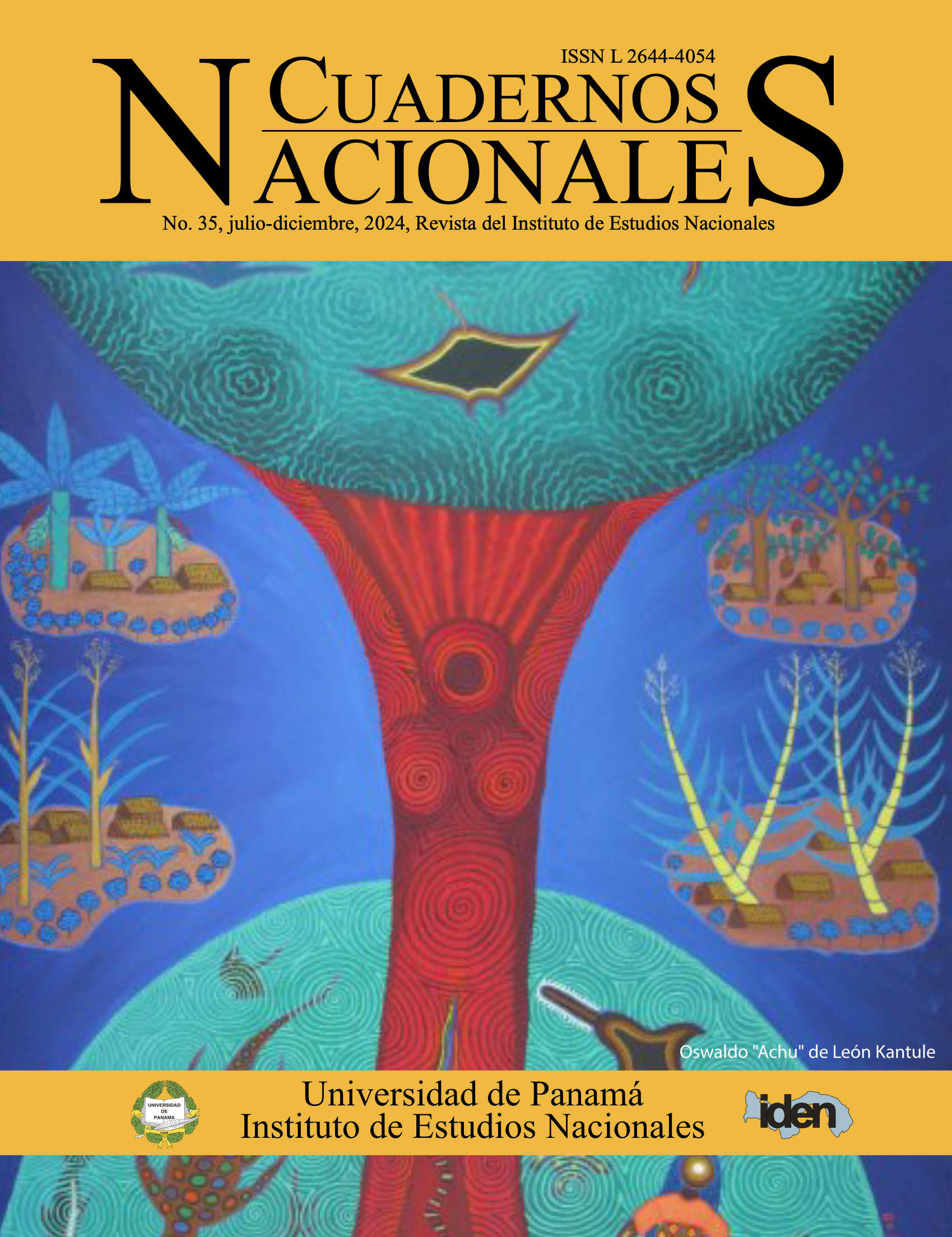

Copyright (c) 2024 Cuadernos Nacionales

This work is licensed under a Creative Commons Attribution-NonCommercial-ShareAlike 4.0 International License.
In the educational field, research competencies are essential for all students, and those pursuing a Bachelor's degree in Banking and Finance are no exception. These competencies provide a solid foundation for critical analysis, informed decision-making, and solving complex problems in an ever-changing financial environment. This article examines the importance of assessing the level of these competencies, highlighting how research skills enhance students' ability to interpret financial data, evaluate risks and investment opportunities, and formulate evidence-based strategies. A non-experimental quantitative methodology with an exploratory-descriptive scope was proposed for this purpose, focused on diagnosis. The instrument used was the Hernández et al. (2014) Scale, applied to a group of students enrolled in the Faculty of Economics (23 first-year students in the first semester of 2023, pursuing a Bachelor's degree in Finance and Banking) at the Regional University Center of Coclé. The scale, designed and validated by Hernández et al. (2021), groups items into three basic dimensions, constituted as sub-scales. The first dimension relates to the identification and organization of information. The second dimension refers to the scientific generation of knowledge. Finally, the third scale pertains to competencies related to the dissemination of knowledge. The results of this study indicate that in the dimension of identification and organization, the total score obtained by the students across 9 items was 570 points out of 197 responses, yielding an overall score for this dimension of 2.89, which falls short of 3, the competent alternative. In the dimension of scientific generation of knowledge, the total score obtained by the students across 13 items was 793 points out of 284 responses, yielding an overall score for this dimension of 2.79, again falling short of 3, the competent alternative for research. In the third dimension, related to the dissemination of knowledge, the total score obtained by the students across 8 items was 397 points out of 172 responses, yielding an overall score for this dimension of 2.31, indicating it also falls short of 3, the competent alternative for research. A detailed analysis of these conclusions will provide a better understanding of the factors influencing the development of research competencies in this student population and will guide the proposed recommendations to strengthen these competencies.